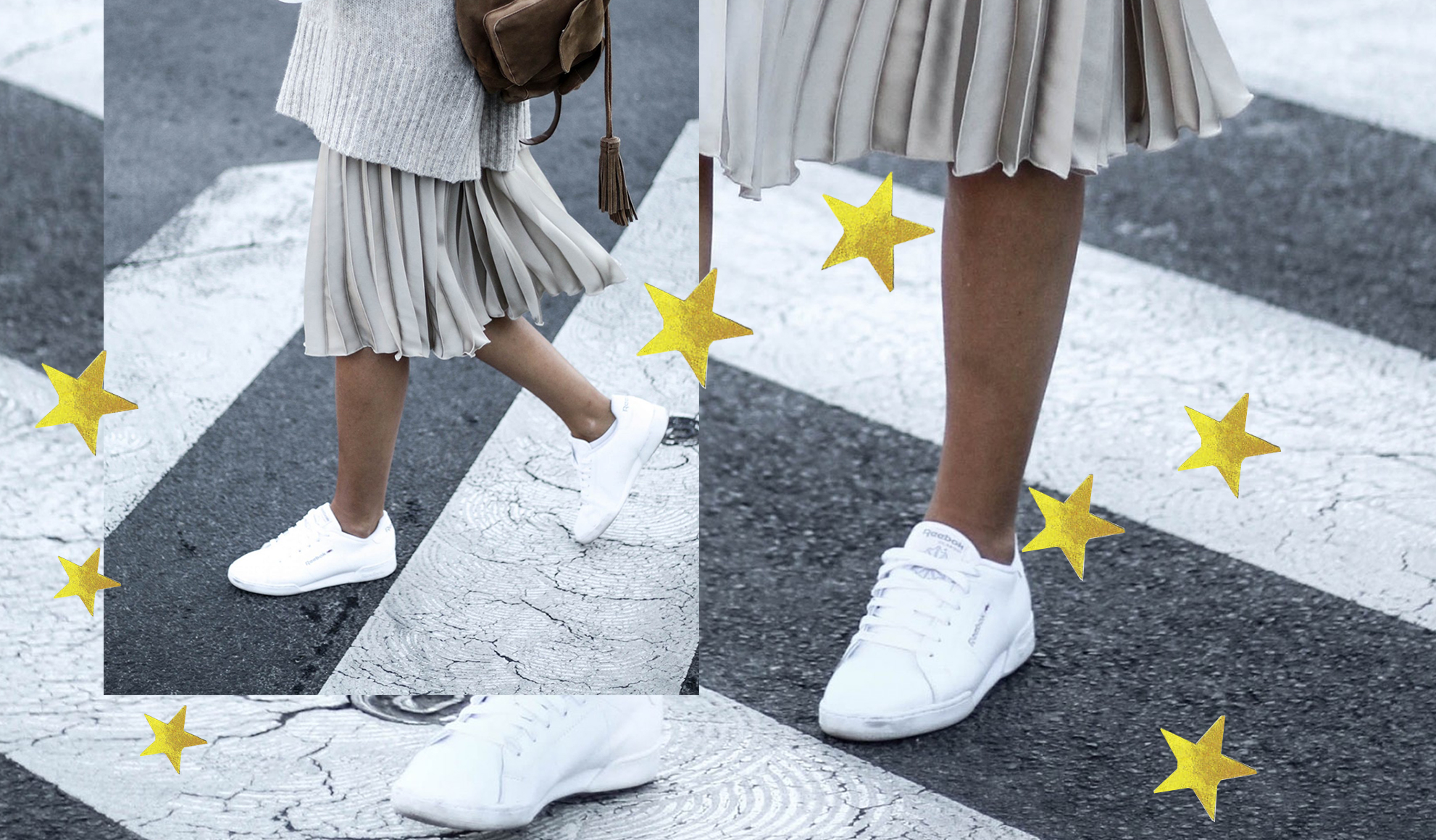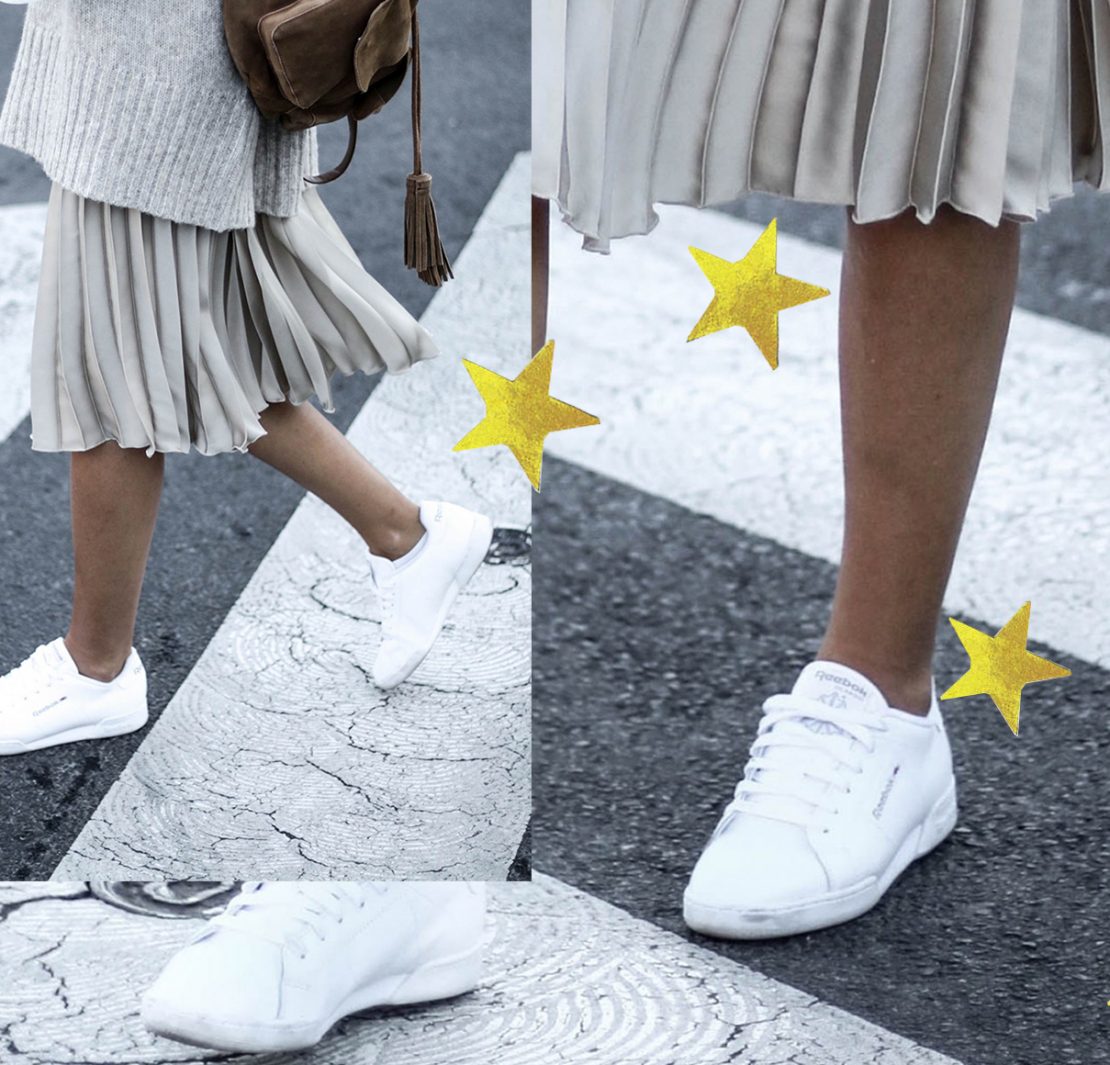Here’s a Q&A from our series, Real Talk:
Interesting people telling us interesting stories. Enjoy.
The Footnotes: We’re talking with someone from the fashion industry, who worked at a private fashion college in helping students get vacant positions in the industry.
So what are the different areas that you can even go into within fashion? Because you don’t necessarily have to be a designer.
Xanthe: No, so there’s all different opportunities you can get into. You can look at styling, magazines (a lot of students like to get into magazines), or head office. You’ve got buying, PR and marketing, and at the moment digital and blogging has become really popular.
The Footnotes: What are the most competitive areas?
Xanthe: At the moment styling would be the most competitive, as well as digital media. Probably three to four years ago it would have been magazines, but I guess a lot of that is moving online.
The Footnotes: Which area pays the most?
Xanthe: If you are going to pick a speciality by the salary, I’d say that fashion buying is probably the most lucrative. For companies, it’s quite rare to find a good buyer, so a buyer who is successful will get paid well.
The Footnotes: What is fashion buying?
Xanthe: When you go into a shop and there are a lots of brands in there, or when you are online shopping somewhere like The Iconic, and again there are lots of brands online – a buyer has selected what is sold there and when.
So they need to know the customer well to keep stock moving.
The Footnotes: The industry is pretty notorious for free labour. How long I guess should you be expecting to work for free in this industry?
Xanthe: That really varies, but I’d definitely say up to a year.
The Footnotes: Okay. So when you are getting your work experience do you think it’s important to sort of stay at the one company for a while? Or, is it important to try and get experience at lots of different companies and different types of areas?
Xanthe: Most internships you get will last three to six months. So definitely finish that time the you’ve signed up for and definitely don’t leave before. If you’re loving it and that’s where you know you want to be, then try and extend that.
But definitely try and look at other opportunities if they are coming up with other companies to get that experience. It is good to know what other areas there are in fashion, because there’s so many, so make sure you pick the right one before you get into a job.
The Footnotes: Okay, so in terms of applying for the internships, is there any advice that you have? Like should you be putting together a portfolio of work? Is it interview based? What should you expect?
Xanthe: Yeah, if you’re looking at design or styling and you do have some work to present, then definitely put it in a portfolio to show. If it’s more just like a shorter internship, and it’s more on the business side, just make sure you have a good cover letter and go for more of a basic CV. They have so many that come through, so they’re not going to read into it all.
I know I started off with Fashion Week and you can definitely apply for that yourself. It’s a good way to meet people in the industry, and network.
The Footnotes: Is there anything that you shouldn’t do in an internship?
Xanthe: Not turn up is always a bad call, and make sure you’re presentable as well.

The Footnotes: What kind of questions could someone expect to be asked when they’re applying for an internship with a brand?
Xanthe: The company could definitely ask you questions about the brand. So make sure you’ve definitely done your research on that, know their successes that they’ve had previously. They would definitely look at that as someone who is keen to be with their brand, and has the knowledge as well.
The Footnotes: What is your opinion of fashion business courses?
I think understanding the business side is really important. A lot of designers themselves have actually got business background, or they partner with someone that has a business mind. So they go hand in hand together.
The Footnotes: What do you learn in the business side?
Xanthe: A fashion business course will have a whole range of different subjects. You do marketing, PR, branding, styling, buying. It really opens up doors to different avenues.
The Footnotes: Is it an industry where it’s sort of who you know?
Xanthe: A lot of it, yes. But I mean, if you’ve enrolled in a school or college that has a good reputation that’s definitely beneficial.
Any misconceptions that you think, or that you’ve seen students have about the industry?
Xanthe: I think there’s a lot of illusion still surrounding the glamorous fashion industry. Often when students start to intern, and work in it day-to-day, then a lot tend to realise that it’s not really what they signed up for. You’ve got to get your hands dirty, and there’re jobs that you don’t want to do, and that are quite mundane but you have to get through that to be successful in the industry.
The Footnotes: What would be some of the worst jobs you’ve had to do, or have had people have to do?
Xanthe: Well it’s a lot of running around, you’re running errands non-stop. I know that in magazines you’re working in the fashion wardrobe, so constantly unpacking clothing, packing it back up. Running it to different fashion houses around the city.
But you need to remember that the people up in the higher roles they have to do it when you’re not there, or they’ve done it previously before. So everyone starts somewhere.
The Footnotes: Once you have been working for a while, how would you I guess sort of raise the question, or let someone in the company know that you would like to be paid, or enter a paid position?
Xanthe: I’d probably just let your supervisor, or the person who you report to, know how much you’re loving it there, ask them if they can let you know if there’s job opportunities coming up.
It’s important to voice your enthusiasm, so you’re not really overlooked by others, and definitely other interns.
I know a lot of fashion houses, even if you finish up your internship there, they’ll look back at their interns that they’ve had as a first port of call when they’re recruiting. So it’s important that during your internship that you have impressed them. So make a good impression by showing initiative, drive and enthusiasm.
The Footnotes: What’s the industry like as a whole to work in?
Xanthe: Competitive for sure, it’s an industry where salaries are lower than a lot of other industries. A lot of students will be shocked with that. You need to be prepared to really start low, in the $30ks.
The Footnotes: I feel like its something you need to be quite thick skinned in as well?
Xanthe: Definitely thick skinned, yes, because some of the people in the industry can be quite brutal. Things happen so quickly – everyone is always in a rush. And they’re so stressed, so they’re not going to be the nicest to you. People can be pushy but you just need to listen carefully, and do what they ask.







